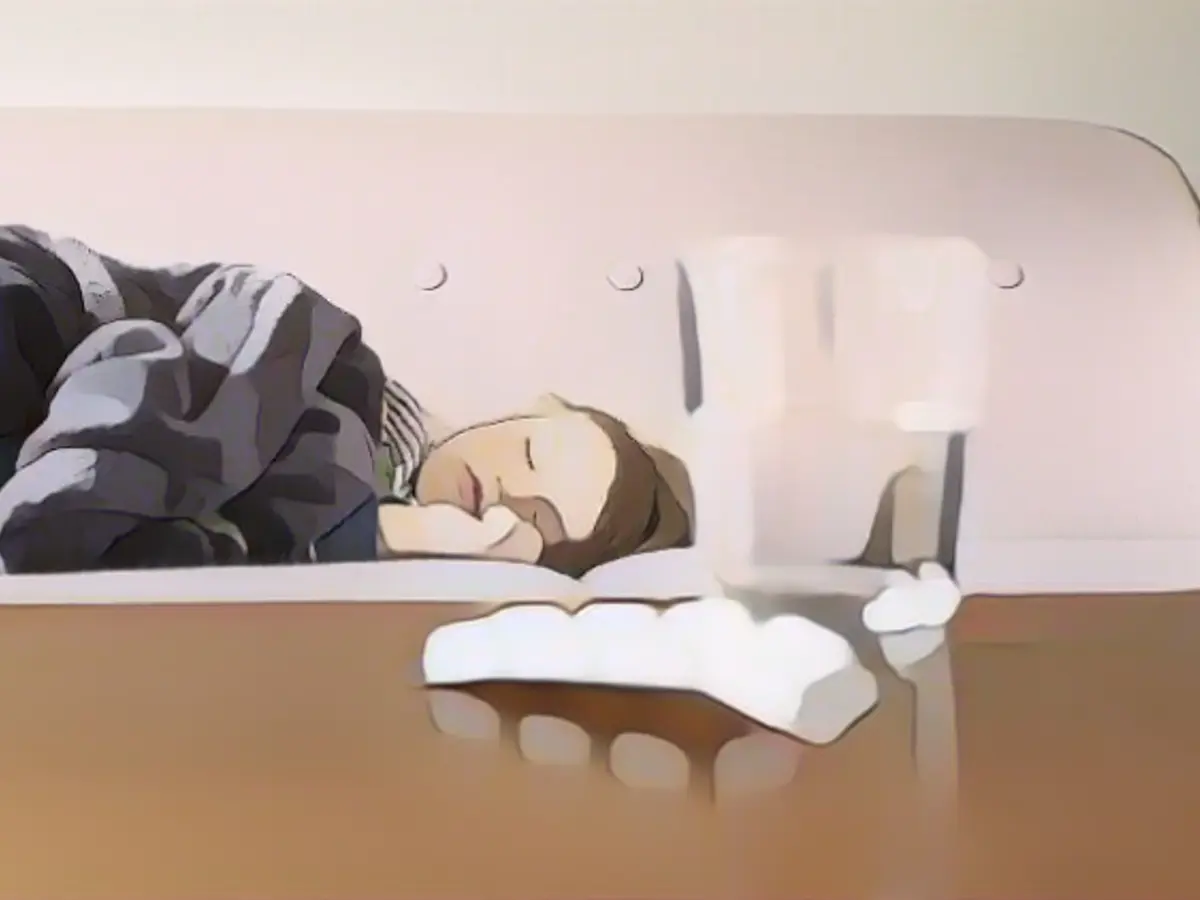Exploring the Myth: Cold and Illness
Rumors swirl around the connection between cold temperatures and illnesses like the common cold. But does the chill in the air truly increase our chances of getting sick? Dr. Christoph Specht shares some insights.
"Wrap up warm to avoid getting ill." Many people have heard this piece of advice at some point in their lives. Given that wintertime is infamous for bringing along coughs, colds, and sore throats, it's natural to assume that there might be some truth to this old adage. But research suggests that the correlation between the cold and illness might not be as straightforward as it seems.
"The connection between cold and illness is a topic of debate in the scientific community," explains Dr. Specht, a preventive medicine physician and medical journalist. "If you strip down naked and hop on an ice floe in the Antarctic, who knows what could happen— but you're definitely not going to get a cold."
The fact is that colds are infectious diseases, and they require a specific pathogen to take hold, such as viruses like rhinoviruses and coronaviruses, or bacteria like pneumococci and streptococci. While the cold doesn't directly cause a cold, it can create the perfect conditions for pathogens to flourish.
Cold temperatures and mucous membranes
"Mucous membranes become less well-supplied with blood in the cold, and they can often become drier," says Dr. Specht. "This means they're not as good at performing their protective function."
In fact, a recent study published in the "Journal of Allergy and Clinical Immunology" confirmed this theory by showing that when mucous membranes are exposed to cold temperatures, the defensive barriers between the environment and the body are weakened. This makes it easier for viruses to penetrate the system and cause an infection.
Cold and stress on the immune system
Adding to this, the cold can also cause stress on the body, which compromises its immune system's ability to fight off invaders. "The body goes into overdrive when it's cold, trying to maintain its core temperature," explains Dr. Specht. "In the process, it diverts energy from other bodily functions, including immune defense."
Crowds and indoor spread
It's also important to consider that people spend a lot more time indoors during the winter, which can increase the risk of contracting respiratory infections. "You're much more likely to come into contact with other people and their viruses in indoor settings than in outdoor ones," says Dr. Specht. "The aerosols are much more concentrated when you're indoors, so the chances of getting infected are higher."
Prevention and boosting immunity
If you want to avoid contracting a respiratory infection, Dr. Specht recommends avoiding large crowds and wearing masks correctly in public spaces. While attempting to avoid other people completely is impractical and may actually be counterproductive (as our bodies need to be exposed to different pathogens to build up immunity), you can take simple precautions to protect yourself.
Dr. Specht also suggests training your immune system through activities like taking cold showers or practicing breathing exercises. While these techniques don't guarantee that you'll never get a cold, they may help strengthen your immune system and make your body less susceptible to infections.
As for zinc, Dr. Specht says that studies have shown that this trace mineral can help reduce the risk of a cold if taken prophylactically. But the jury's still out on whether or not taking zinc can actually prevent a cold altogether.
Article Enrichment:
- Recent research suggests that cold temperatures may not increase the risk of contracting a cold but can contribute to making the body more susceptible to respiratory infections.
- The misconception that cold temperatures directly cause colds likely existed due to the correlation between cold weather and the increased spread of respiratory infections.
- The common cold is primarily spread through close contact with an infected person and can be exacerbated by factors like low humidity, dry mucous membranes, and increased indoor contact.








